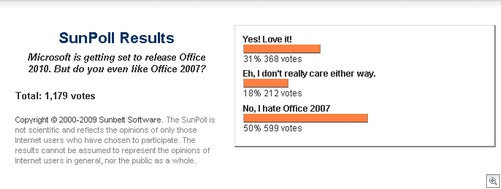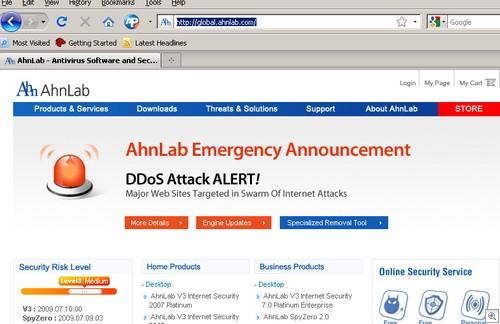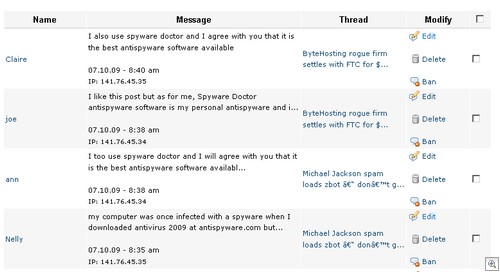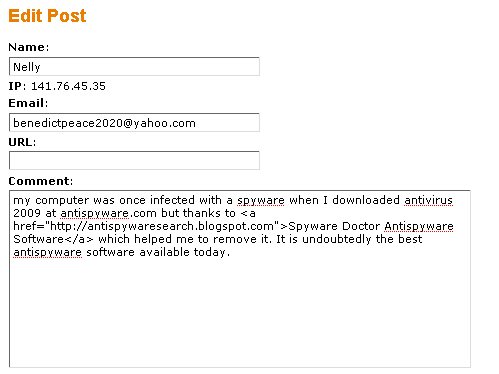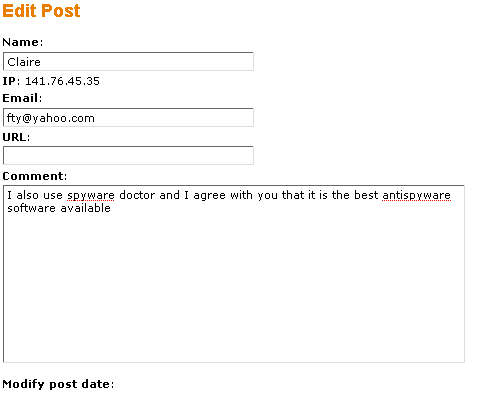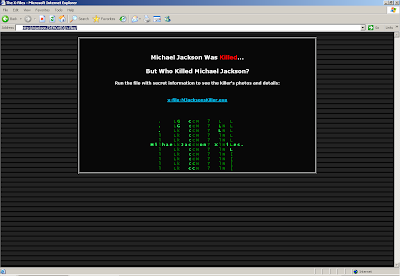
No.
But Microsoft should be (and assuredly is) concerned.
The Google Chrome OS is a lightweight OS initially targeted at the netbook market, but ultimately usable on any desktop PC. It’s not for mobile phones or other small devices — that’s Android (although the two will share components).
But the use of Chrome all comes down to one question: Are users willing to give up their Microsoft applications? Are business users willing to give up interoperability with the rest of their organization, with the wealth of business applications designed for the Microsoft environment?
I’ve bought two netbooks so far. Both were running Windows, because I need Microsoft Office (particularly, Powerpoint, for my presentations on the road). No, I don’t want to run StarOffice or some other solution (like Google Docs). I need perfect operation, every time. I actually once saw a Linux die-hard do a presentation by flipping through a PDF — it was silly. Businesses have always been the major driver of the microcomputer, because people use their business machines and then want to go home and use their home machines in a similar environment (using the same files, etc.). Macs themselves are wonderful (the most wonderful operating system out there IMHO), but there are also practical considerations. People who use Macs in a business environment are the early-adopter types, but the platform has never gotten to massive scale simply because of interoparabiliy (and cost).
I’m as much a fan of Linux, Macs and all the rest as anyone else. But I am also a pragmatist.
Ultimately, the success of the Chrome OS will depend on the third party applications available for it. This is helped by the fact that it’s *nix based is very useful, as applications are easy to port. The fact that Google has some applications already developed is helpful. But it is very, very hard to get any real headway on Microsoft. (Years ago, I was the product manager for an ill-fated operating environment, DESQview (and its big sister, DESQview/X). A different time, and different circumstances, but I will say that getting application support is always a major issue with any operating system.)
Remember, despite Linux dominating the netbook market, the minute Microsoft started offering XP Home on these machines, was the minute that the tide changed. Windows XP now has over 90% market share on netbooks, and I don’t expect that to radically change any time soon.
The whole cloud argument — well, that’s a wonderful buzzwords. I’ve also heard the same arguments about cloud-based computing for many years, whether it was ASPs, , etc. There are very useful aspects to the cloud, but excitable non-technical types tend to get a bit starry-eyed around this stuff when it’s not entirely deserving of mass adulation. It’ s just an alternative method of storage, but is deeply constrained by infrastructure (the speed of your connection, the availability of a connection, and so on).
Alex Eckelberry
